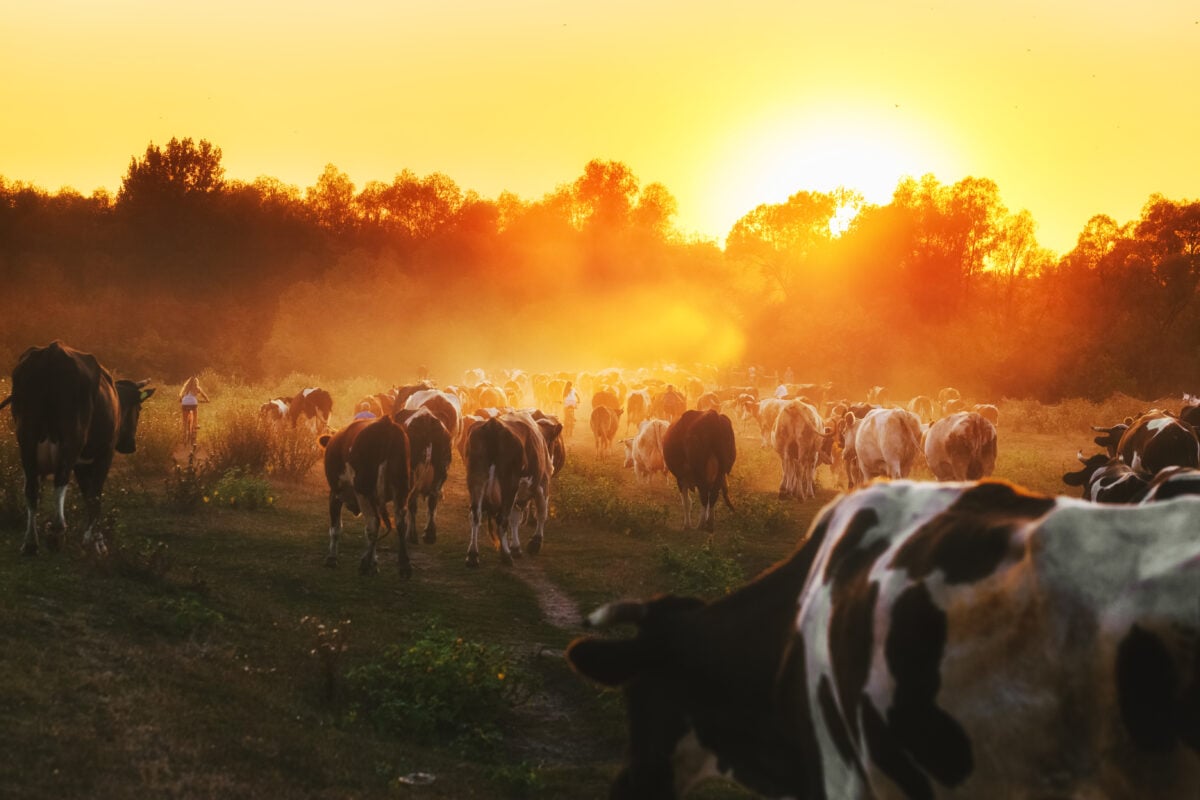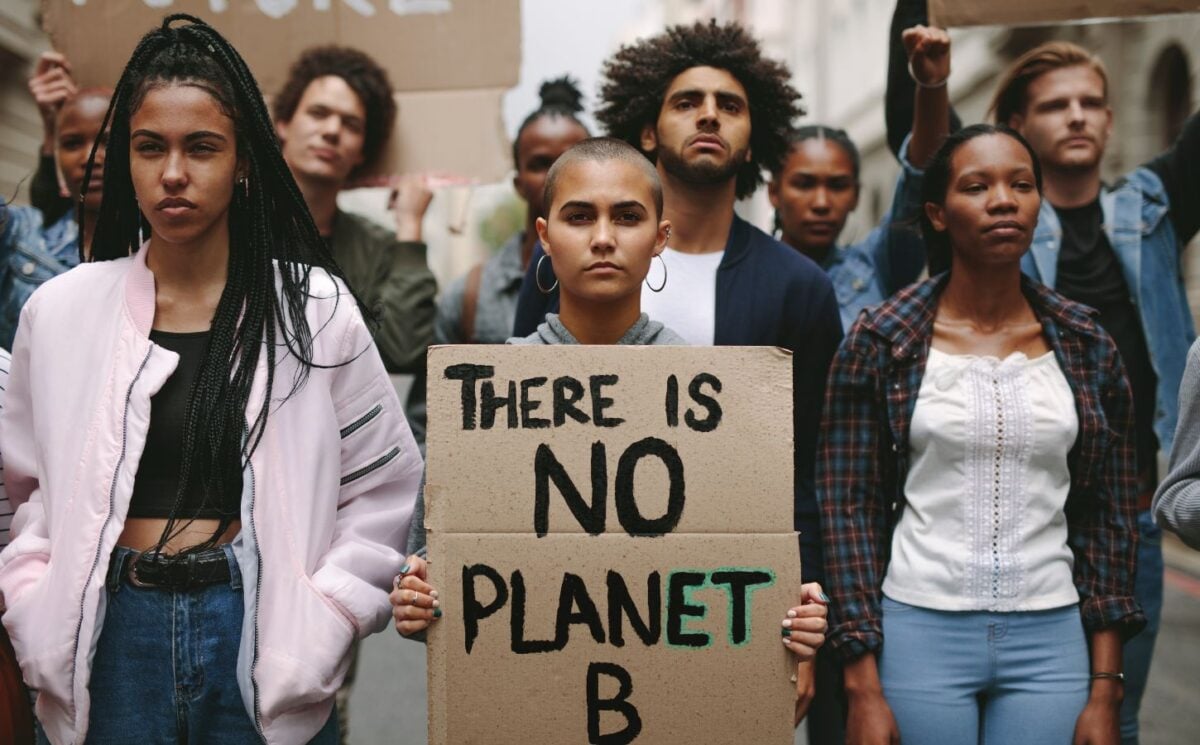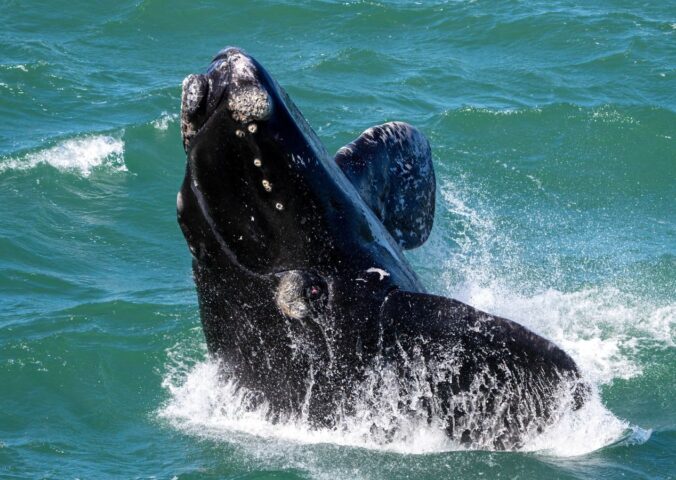Global warming has exceeded 1.5C across an entire year for the first time.
This year-long breach does not mean that the world has broken the Paris Climate Agreement limit, but it does bring it closer to doing so in the longer term. The 1.5C limit is a legally binding 2015 treaty with 195 signatories to set out a path for dealing with climate change.
Europe’s Copernicus Climate Change Service (C3S) reported its findings earlier this month after measuring temperatures between February 2023 and January 2024.
Over this period, the program recorded the highest average 12-month global temperature ever documented, 1.52C above pre-industrial levels. Furthermore, January 2024 was the warmest January on record, which made it the eighth consecutive month in a row to be the warmest on record.
CS3 also reported that the world’s sea surface is at its highest-ever recorded average temperature, surpassing the previous records from August 23 and 24, 2023.
Speaking to BBC Radio 4’s Today Programme, British chemist and eminent environmental scientist Sir Robert Watson noted that “this far exceeds anything that is acceptable.”
Referencing the numerous extreme weather events of 2023 and even 2024 so far, he added, “Look what’s happened this year with only 1.5C – we’ve seen floods, we’ve seen droughts, we’ve seen heatwaves and wildfires all over the world.”
‘Another record-breaking month’
According to CS3’s data, January was a significant 1.66C warmer than estimates of the January average for 1850 – 1900, which is the designated pre-industrial reference period used when measuring catastrophic, human-caused global warming.
“2024 starts with another record-breaking month,” notes Samantha Burgess, Deputy Director of C3S, in a press release to announce the program’s findings. “Not only is it the warmest January on record but we have also just experienced a 12-month period of more than 1.5°C above the pre-industrial reference period.”
What is the significance of the 1.5C limit?

Taking into account the damage already done, keeping below 1.5C is widely considered the ideal scenario as it would moderate some of the most severe effects of global warming.
Officially, the Paris Agreement sets out to keep warming “well below” the harder limit of 2C, but recent studies indicate that even a fraction of a degree over 1.5C could lead to a significant snowballing of additional climate disasters and extreme weather events.
With that in mind, while this first 12-month-long breach of the 1.5C warming doesn’t violate the Paris Agreement itself, it does indicate that further heating is likely. And for low-lying and island nations who are already experiencing warming-related hardships, a multi-year rise to 1.5C – which many scientists believe is now inevitable – could represent an existential threat.
As noted by Watson to the BBC, the last year has seen unprecedented extreme weather events in the form of wildfires, storms, floods, droughts, and changing rainfall, all of which have caused catastrophic environmental destruction, crop failure, disease, and deaths.
Is it too late to stop global warming?
According to a UN report published in October last year, the world could pass the point of no return for a 1.5C breach (as an overall rather than a year-long average) as soon as 2029, due in part to the record CO2 emissions documented over the last three or so years.
“Every extra bit of warming matters, especially since warming of 1.5C or higher increases the risk associated with long-lasting or irreversible changes, such as the loss of some ecosystems,” said Hans-Otto Pörtner, Co-Chair of IPCC Working Group II and co-author of the UN’s 2023 report.
Once a 1.5C average is surpassed, extreme weather events will continue to increase, which could lead to further rises in temperature. (As with El Niño and La Niña – named climate patterns in the Pacific Ocean which have impacted the weather worldwide.)
C3S’s publication of these latest records notably coincided with the news of Britain’s Labour Party officially rolling back its GBP 28 billion green investment pledge – a core aspect of Labour’s manifesto of the past few years – and comes soon after the currently governing Conservative Party scrapped and softened many of its own environmental commitments.
Both announcements were met with immediate backlash from environmental campaigners and the scientific community, while around 80 percent of the British public in general remains either “very concerned” or “fairly concerned” about climate change. It is of the utmost importance that governments continue to prioritize their environmental policies.
“Rapid reductions in greenhouse gas emissions are the only way to stop global temperatures [from] increasing,” says CS3’s Burgess.
Animal agriculture and the climate crisis

Farming animals for food is a leading cause of the climate crisis. As well as being responsible for at least 16.5 percent of global greenhouse gas emissions, it’s a a key driver of land use, biodiversity loss, species extinction, freshwater use, and pollution.
Experts have long stated that the world needs to see a dramatic change in our food system if we are to have hope of avoiding climate collapse. A University of Oxford study published in 2023 found that plant-based diets lead to 75 percent less heating emissions than their animal counterparts. “Our dietary choices have a big impact on the planet. Cutting down the amount of meat and dairy in your diet can make a big difference to your dietary footprint,” study author Professor Peter Scarborough at Oxford University said of his findings.
Despite this, the vast majority of global leaders are ignoring – or sidelining – the impact of farming. It has barely been on the agenda at COP conferences, and the UK environment secretary actively endorsed meat on a number of occasions last year.
There have been some glimmers of hope in parts of the world, however. In December 2023, Denmark became the first ever country to unveil a roadmap towards a more plant-based food system. The country’s minister for food described plant foods as “the future,” and the government recognized that increased vegan food production was essential to meeting its climate goals.






